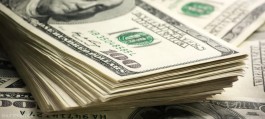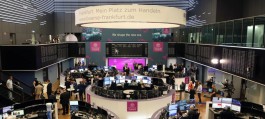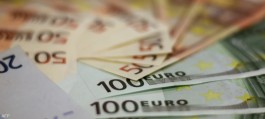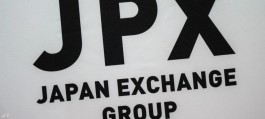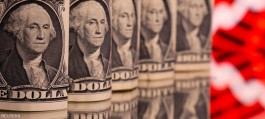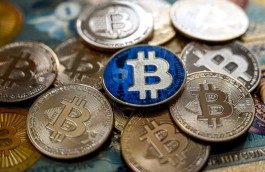At the end of trading, the Dow Jones Industrial Average fell by 0.25%, or 94 points, to 37,266 points, the lowest close since the December 20 session.
While the value of the S&P 500 index decreased by about 0.55%, equivalent to 26 points, at 4,739 points, and the Nasdaq index fell by about 0.6%, equivalent to 88 points, at 14,855 points.
Following Charles Schwab's announcement of a sharp decline in its profits during the fourth quarter with rising expenses, the brokerage and financial services company's shares (New York:SCHW) fell by 1.4% at $63.42, the lowest close since the December 7th session.
Looking at European markets, the Stoxx Europe 600 index fell by 1.15% to 467.7 points, the lowest level since the December 5th session, after losses in sectors led by mining, automobiles, energy and utilities.
The German DAX index fell by 0.85% at 16,431 points, while the British FTSE 100 index fell by 1.5% at 7,446 points, and the French CAC fell by approximately 1% to 7,318 points.
In Japanese markets, the Nikkei index fell by 0.40% to 35,477 points at the end of the session, and the broader Topix index fell by 0.30% to 2,496 points.
In the oil market, Brent crude futures for March delivery fell by 0.5%, or 41 cents, at $77.88 per barrel, after touching $76.50 during trading.
While the price of US Nymex crude for February delivery increased by 0.2%, or 16 cents, to $72.56 a barrel, after touching $70.50 during the session.
Regarding gold, futures prices for the yellow metal for February delivery fell by 1.15%, or $23.7, at $2,006.5 per ounce, which is the lowest level since the end of the December 13th session.
Economic data showed an increase in retail sales adjusted for seasonal changes. by 0.6% on a monthly basis to $709.9 billion during December, exceeding expectations for an increase of 0.4%. Industrial production also grew by 0.1%, contrary to expectations of a contraction by the same percentage.
















